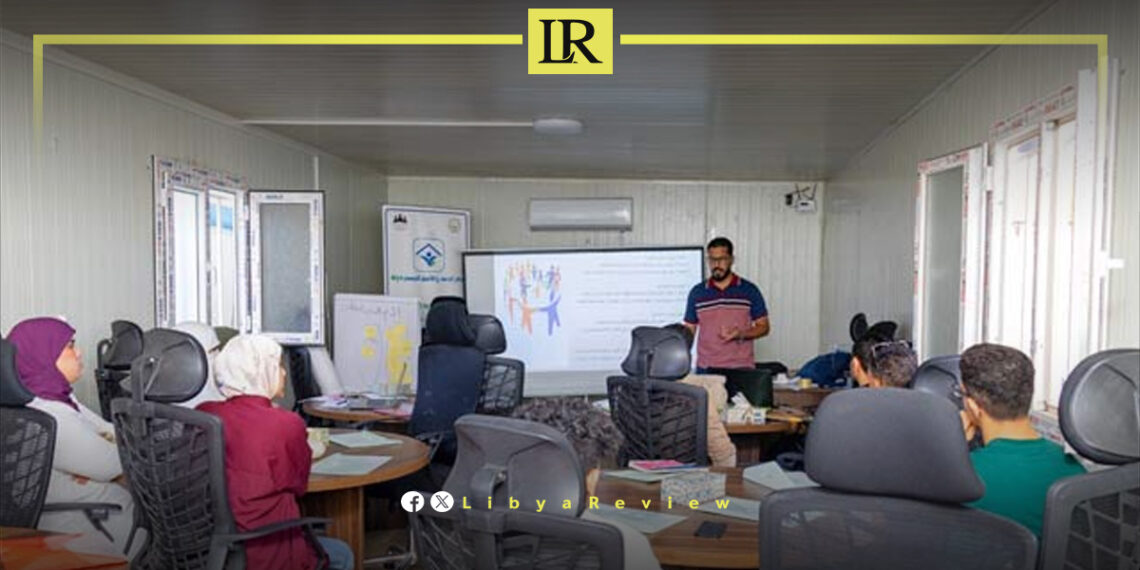A new initiative titled “Mental Health Ambassadors” has been launched in eastern Libya to strengthen community-based psychological support in areas affected by last year’s devastating floods. The program, spearheaded by the Psychological Support Center in partnership with the Peaceful Change Initiative, is designed to empower university students to lead awareness campaigns among their peers.
The program’s first phase targets first- and second-year university students, who will undergo an intensive five-day training. The first three days will provide participants with fundamental knowledge on mental health and self-care, while the final two days will focus on presentation and public communication skills to help them deliver awareness messages effectively and confidently.
Following the training, each “ambassador” is expected to reach at least 50 peers with mental health awareness activities. Those who succeed will receive a certified “Mental Health Ambassador” diploma endorsed by the National Authority for Mental Health, the Peaceful Change Initiative, and the Psychological Support Center.
Project Director Riad Boumtari said the initiative aims to “build a positive culture toward mental health and encourage young people to seek professional help without hesitation.” The program will also reward the top three ambassadors who reach more than 500 people with an “Excellence Shield” in recognition of their extraordinary efforts.
The initiative is being carried out under the supervision of the Peaceful Change Initiative, in collaboration with the Psychological Support Center, Derna Community Partnership, the National Authority for Mental Health and Psychosocial Support, and the Ministry of Education of the government appointed by the House of Representatives under Prime Minister Osama Hammad.
The project forms part of wider efforts to strengthen mental health services in Derna, including the establishment of a specialized rehabilitation center to provide high-quality psychological care in the aftermath of the flood disaster. The center is expected to play a key role in ensuring sustainable mental health services and integrating them with educational and healthcare institutions in the city.


